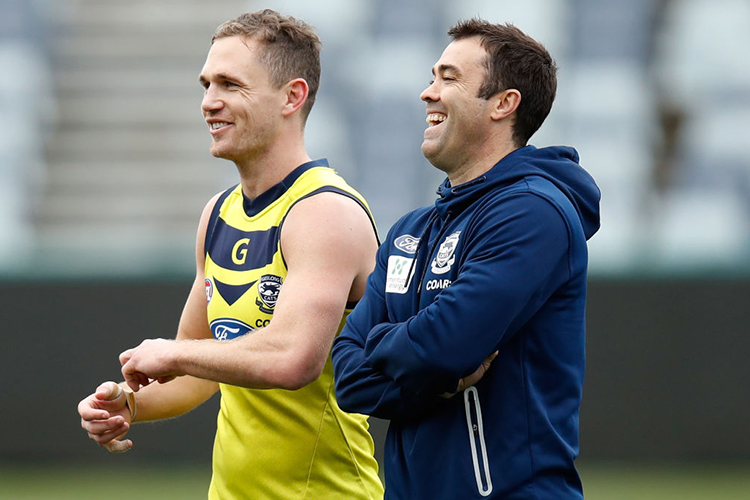
Building rapport is the process of establishing that connection. It is usually based on shared experiences or views, including a shared sense of humour. Building rapport tends to be most important at the start of an acquaintanceship or working relationship. The rapport created, however, can last for many years.
This is critically important for anyone working with in a sporting environment, simply, if you can’t build relationships and value people, then you may not be valued to others.
I believe that for anyone working in football this can be extremely valuable, one thing I personally like to do when I see people at work Is I always greet them and smile, if I have time I will ask them what they have been up to and check in with them.
I value the people I work with, especially if they have helped me with something, at the end of the day we are all wanting to achieve success with the time we have. Everyone needs to be on the same page and enjoy each other’s company, that’s why it’s important to build relationships. As a leader its more critical, if your giving people feedback, managing them and evaluating their performance, you need to have a strong relationship so the feedback can be honest and taken. People will always value feedback from someone they care about than someone they don’t know.
Sometimes rapport happens naturally. We have all had experiences where we ‘hit it off’ or ‘get on well’ with somebody else without having to try. This is often how friendships start. However, rapport can also be built and developed consciously by finding common ground, and being empathic.
Employers are more likely to employ somebody who they believe will get on well with their current staff. Personal relationships are easier to make and develop when there is a closer connection and understanding between the parties involved – i.e. there is greater rapport.
Don’t just build rapport with the people in your area, if you see someone you don’t know introduce yourself, speak to the volunteers and tell them about how important their contribution is and that you recognise their work. Everyone in the club is a part of the same environment, you all represent the club and make it what it is, so make it a place that everyone wants to be around.
When we first meet someone new, we start to try to build rapport. Like it or not, this is why small talk exists: it is a way to try to find things in common with other people and build that shared bond. This bond is important because we all have a tendency to want to be with ‘people like us’.

When you meet somebody for the first time, there are some easy things that you can do to reduce the tension. This will help both of you to feel more relaxed and communicate more effectively. These include:
- Use non-threatening and ‘safe topics’ for initial small talk. Talk about established shared experiences, the weather, how you travelled to where you are. Avoid talking too much about yourself and avoid asking direct questions about the other person.
- Listen to what the other person is saying and look for shared experiences or circumstances. This will give you more to talk about in the initial stages of communication.
- Try to inject an element of humour. Laughing together creates harmony, make a joke about yourself or the situation/circumstances you are in, but avoid making jokes about other people.
- Show some empathy. Demonstrate that you can see the other person’s point of view. Remember rapport is all about finding similarities and ‘being on the same wavelength’ as somebody else. Being empathic will help to achieve this.
Being able to build rapport consciously is therefore extremely useful both personally and professionally. As a skill, it means that you can build relationships faster, and improve communication more rapidly. Your working relationships will be more effective, and your personal relationships will be stronger as a result.
Focus on improving your communication skills, not just speaking and listening alone. But more importantly, ask yourself when was the last time I went out of my way for that person or let alone spoke to them?

